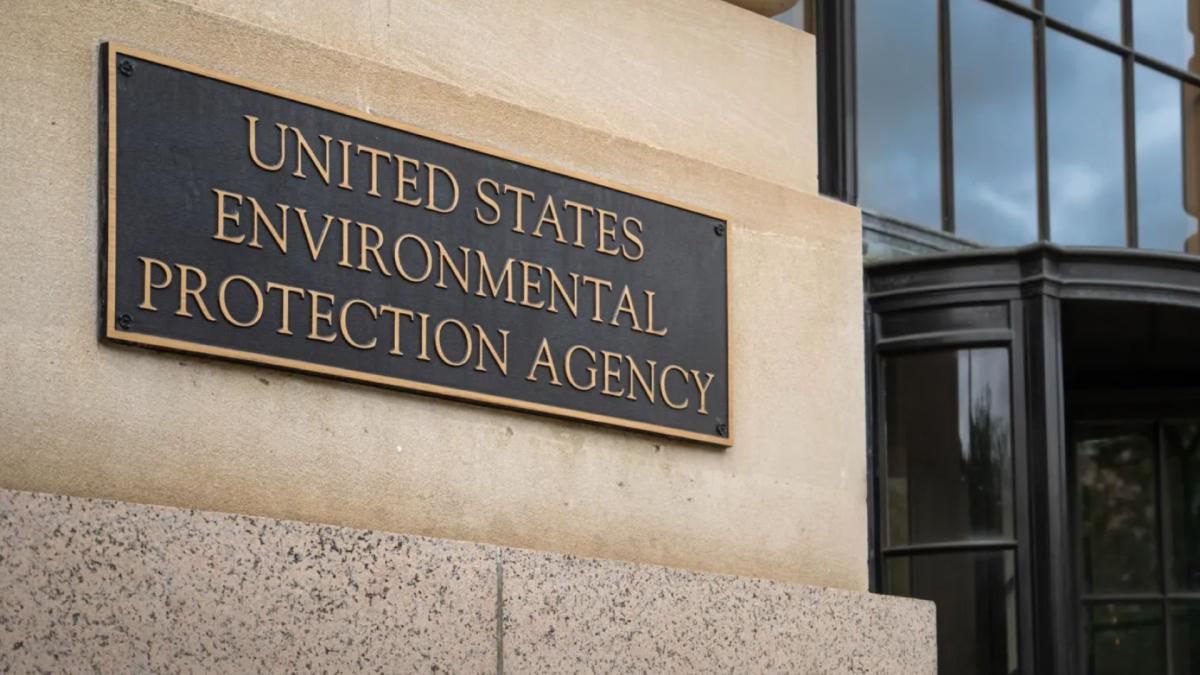
The U.S. Environmental Protection Agency has denied Alabama’s plan for how Alabama Power and other utility companies continue storing coal ash in the state.
According to Inside Climate News, the decision was made in late May after many months of back and forth between federal and state regulators including the EPA and the Alabama Department of Environmental Management.
The EPA’s decision has been in the works since August 2023, when the agency first proposed a denial because the state’s coal ash plan was not doing enough to protect the environment or people. The agency has never denied a state plan before, according to ICN.
When the decision was first proposed, EPA Administrator Michael S. Regan said in a statement, “Exposure to coal ash can lead to serious health concerns like cancer if the ash isn’t managed appropriately.”
By 2012, the EPA reported, coal-fired electric utilities in 47 states and Puerto Rico had generated about 110 million tons of coal ash, as ICN detailed.
While the EPA adopted new rules for coal ash in 2015, a 2019 report by the Environmental Integrity Project showed that 91% of coal-fired plants still had waste ponds or ash landfills. These sites had leaked highly toxic substances such as lead, selenium, mercury, arsenic, and cadmium into the groundwater, and they were at high levels that threatened rivers, drinking water aquifers, and streams, all according to ICN.
Watch now: Could this concentrate replace all the toxic cleaning chemicals in your home?
The EPA has approved plans in three other states for their coal combustion residual units, but the agency deemed that Alabama’s plan didn’t meet the minimum federal requirements for protecting groundwater, monitoring, and cleanup.
Cade Kistler of Mobile Baykeeper, an environmental nonprofit, said, per ICN, “Today marks a significant victory for every Alabamian who values clean water. The EPA’s final denial underscores what our communities have said all along — that leaving toxic coal ash in unlined, leaking pits by our rivers is unacceptable.”
The organization has also challenged Alabama’s coal ash plans in court.
According to Earth Justice, the harmful pollutants found in coal ash have been linked to serious health issues, including heart and thyroid disease, cancer, neurological harm, and reproductive failure.
Reducing communities’ exposure to these toxic substances can have a big impact. For example, a coal plant in Pittsburgh was closed down in 2016, and a 2023 study found that average weekly visits to the emergency room for heart-related illnesses had decreased by 42% since.
The EPA’s decision is a big win for Alabama residents. You can also get involved with climate issues in your state by voting for pro-climate candidates, educating yourself, and advocating for change.
Join our free newsletter for cool news and actionable info that makes it easy to help yourself while helping the planet.
EMEA Tribune is not involved in this news article, it is taken from our partners and or from the News Agencies. Copyright and Credit go to the News Agencies, email news@emeatribune.com Follow our WhatsApp verified Channel





